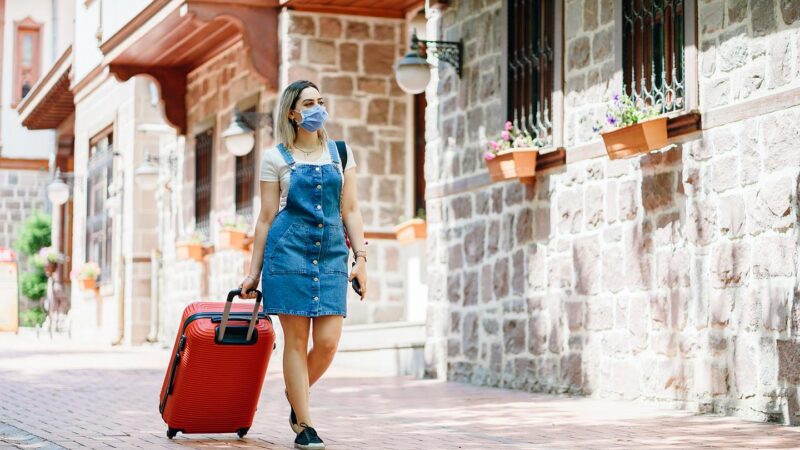This year’s global Covid-19 pandemic has completely changed our lives and severely disrupted international and even local travel across the world. Some countries have recently eased their border restrictions, while many are permitting essential travel.
This is great for those who have been away from home, have not been able to see their families, have been stuck outside their resident countries, or just need a quick getaway.
By taking into consideration these essential precautionary measures, you can reduce the risk of spreading and getting Covid-19 when traveling.
1. Get a fit-to-fly certificate
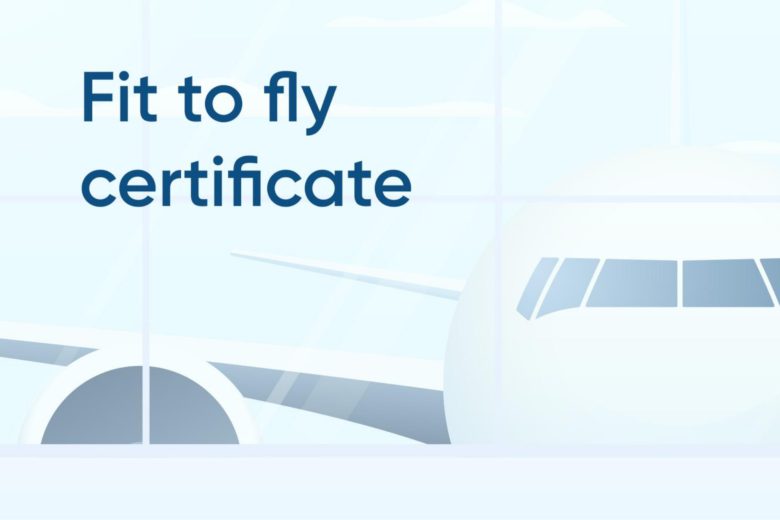
No matter where you are going or by whichever airline, it is crucial to obtain a fit-to-fly or fit-to-travel certificate. This is a document that proves to authorities that you have tested negative for Covid-19, and depending on your destination, needs to be taken 24-72 hours before you depart.
If you need to travel immediately or in an emergency, there are online and doorstep services such as Medicspot that will get you tested and deliver your results within 24 hours, so you can concentrate on the rest of your important travel arrangements while this is taken care of.
Choose the service and package that suits you best, and ask your medical professional for help with any query you may have before you travel. Obtaining this certificate is essential before you travel as it not only gives you an opportunity to get tested but also reduces the risk of you spreading Covid-19 to those around you at the time of travel.
2. Keep your nose and mouth covered
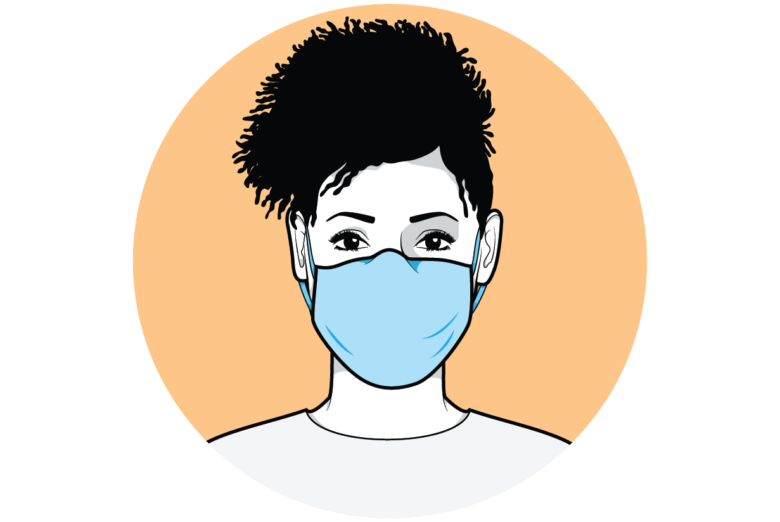
Wear a mask that covers your nose and mouth while travelling, especially in crowded and compact public areas like airports, trains, flights and other terminals and modes of transport. Choose a mask made from two or more layers of breathable material.
Ensure that the mask fits snugly against the side of your face and does not have any gaps around the mouth and nose. If you prefer washable/reusable masks, make sure that they are double- or even triple-layered, with a filter in-between.
It is important to wash your hands before and after handling a mask. If you are travelling with children, remember to get them masks that suit the size and shape of their face. Small children and those below the age of two should avoid wearing a mask – but keep an eye on their movements to make sure they don’t put their face and hands on unsanitary surfaces. Those who wear glasses can get masks with a nose wire to closely adjust over the nose to limit fogging.
3. Research your destination
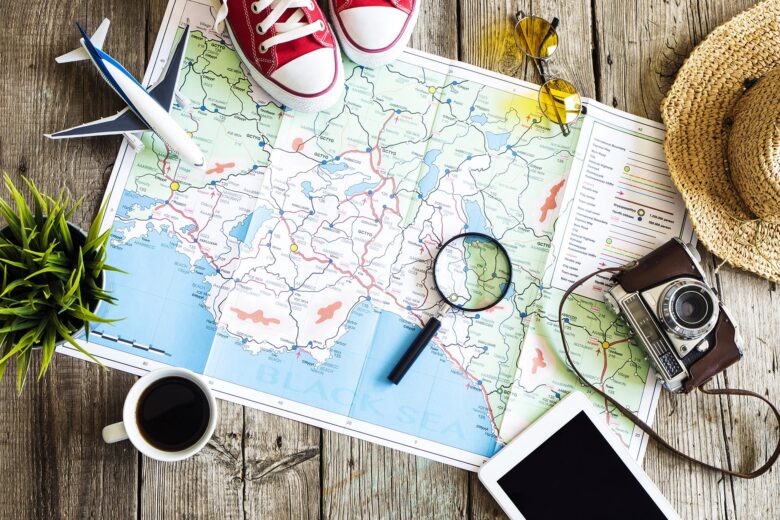
Depending on whether you’re going to a familiar or new place, it is important that you conduct extensive research on your destination. Even if you are going back to your home or residence country, rules and regulations could have changed in the time you’ve been away.
Some countries have a strict 14-day quarantine period upon arrival. This means that you should make arrangements for your stay, transport and upkeep on your own and avoid coming in contact with other people, including friends and family.
The UK has guidelines for when you return from some countries as well. Read the guidelines and stay up-to-date with the rules and precautions on www.gov.uk/guidance/coronavirus-covid-19-travel-corridors as it is updated regularly.
You can even set up email alerts to be informed whenever the page gets updated so you don’t miss anything important before you travel and while you are away. Each country will have its own set of rules, so look for similar official government websites for each destination.
4. Keep your distance
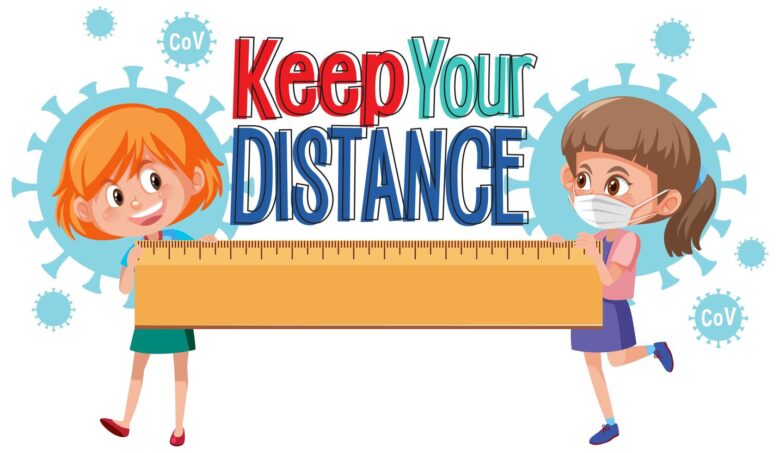
‘Social distancing’ is not just a fashionable buzzword of 2024. Limiting close face-to-face interactions and maintaining a safe distance of at least two metres or six feet between people is the best way to reduce the spread of Covid-19. It can seem unavoidable in modes of transport, with some airlines and airports not adhering to the rule due to financial restraints, but try to maintain a distance in areas you can control.
Keeping your distance from those vulnerable is key. When an infected person coughs, sneezes or talks, droplets from their person can linger in the air and on surfaces. And many people are asymptomatic, so it’s best to stay away. Avoid touching and coming in contact with those over the age of 60, those with chronic illnesses, pregnant women and anyone showing signs of a cold. Some social distancing tips to remember while travelling:
5. Maintain distance in queues, whether it’s in the airport or a local shop
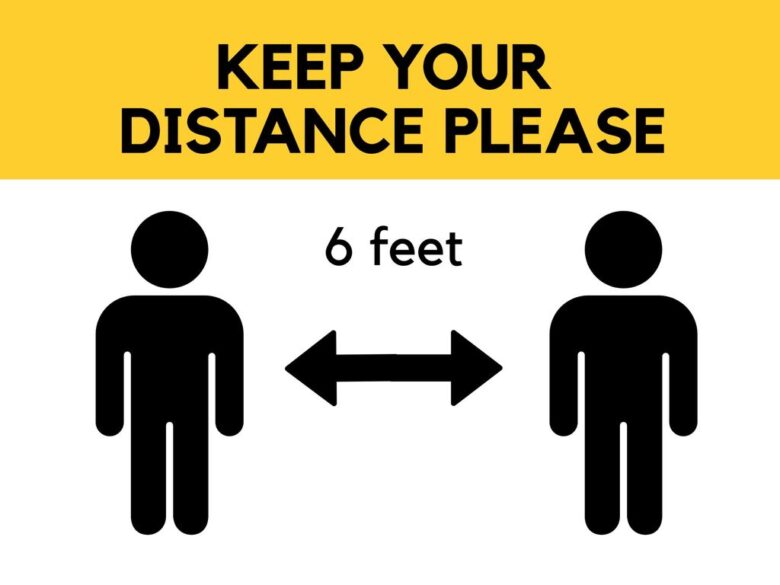
Avoid crowded areas and unnecessary contact with people by choosing deliveries, drive-through services and online options
Wipe down surfaces that other people have come in contact with if you need to touch them. Or use disposable gloves just before you touch anything, and discard them immediately afterwards.
6. Book suitable accommodation
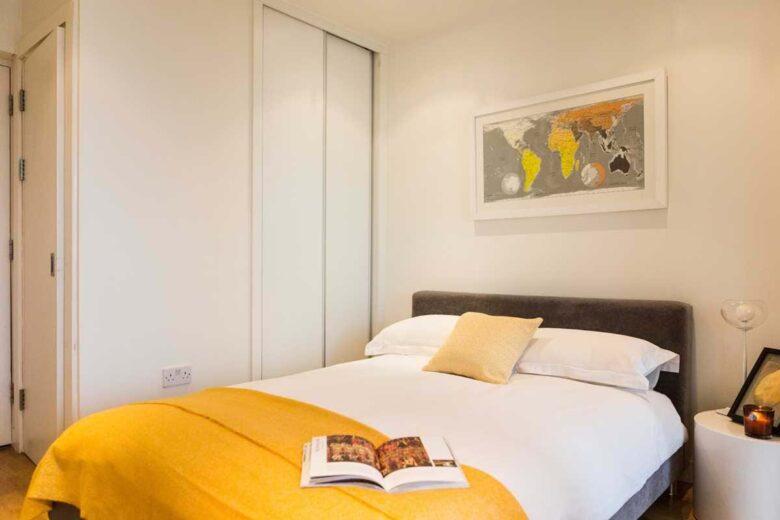
If you are staying in hotels on your travel, book a place that is trusted and go with brands where you know hygiene and safety will be a high priority. Contact your hotel before you go and ask them what their cleaning protocols are and what hygiene measures they have in place.
Read recent reviews on sites like Tripadvisor and Booking.com to see what recent guests have said about the hotel and its Covid precautions to help you make a decision. You can opt out of having your room cleaned every day, to avoid your space and belongings coming in contact with other people while you stay there.
7. Travel at your own risk – safely
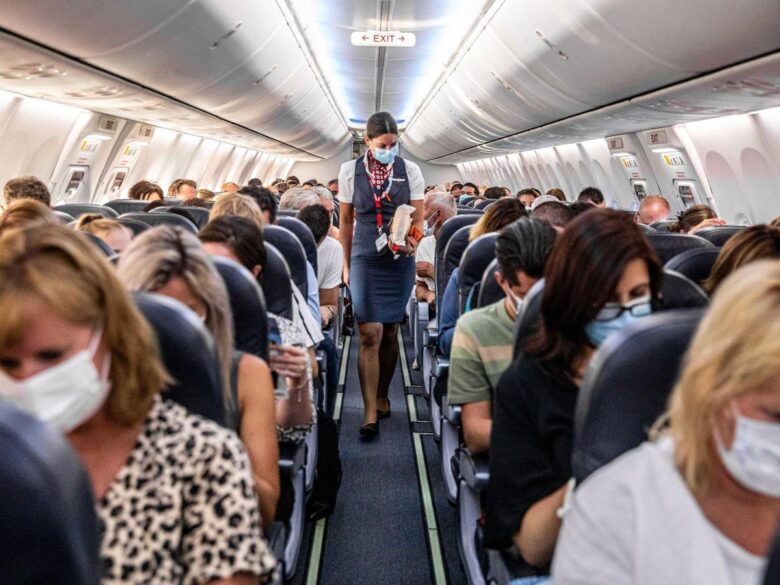
Travel during any time is a risk, regardless of the current situation. Keep in mind all of the above, but also remember to pack essentials with you to avoid hunting for what you need in a new place, and also to have your basic necessities with you in case you need to stay for longer in these unprecedented times.
Try to keep yourself stress-free and healthy to make the most of your travel plans. Ultimately, travelling during a global pandemic is risky and should be done with caution in mind. But with careful planning and by undertaking these precautionary measures, you will be able to reduce the spread of Covid-19 and minimise the risk of contracting it.


